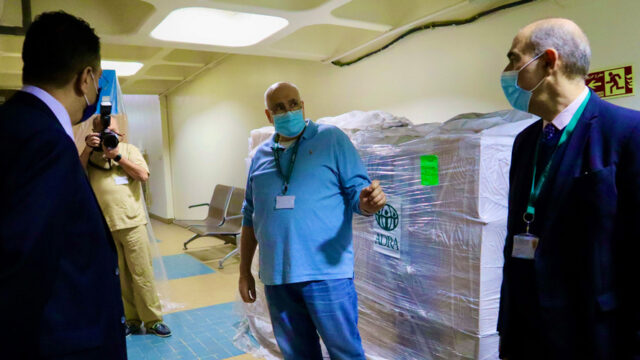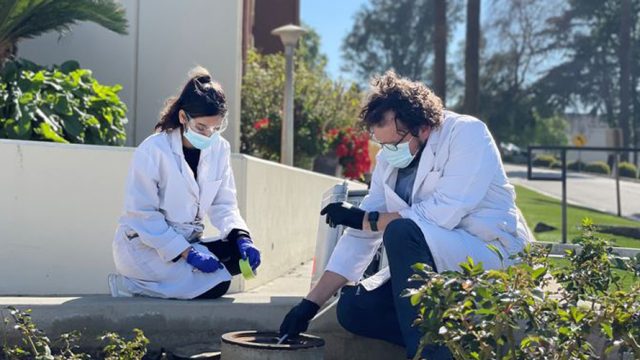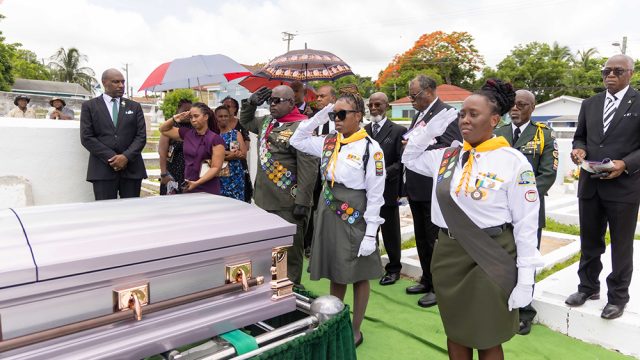The goal: to share the love of Jesus to more of those who can’t hear, leaders say.

“Who exactly is Jesus?”
This has been a prevalent question among 100,000 people inside our churches whom we sometimes overlook. They may be frequent attendees who do not comprehend the message, the hymns, the doctrines, or many other fundamental elements of our faith.
You might have seen them in your congregation, even though you may not know how to connect and interact with them. They are part of a group of people labeled as deaf, people who mostly communicate through sign language.
According to the World Health Organization, 50 in every 1,000 people worldwide is completely or almost completely deaf. It is a figure that represents millions of people worldwide who are deaf or suffer some kind of hearing impairment.
According to the Philippines’ National Statistics Office, 76,875 people were deaf or hard of hearing in 2000. This was expected to rise by 200,000 in 10 years. People with disabilities have grown from 1.23 percent to 1.53 percent of the overall Philippine population fifteen years following this census. People with disabilities currently number more than one million, with a sizable proportion of them being deaf.
With these figures, God has not turned His back on His loving people, particularly those who are deaf or hard of hearing.
The deaf ministry of the Adventist church in Pasay City, Philippines, termed PAC, was established in 2009 to cater to the needs of deaf church members. Through its various programs, the ministry aims to spiritually nurture those members, providing emotional and psychological support through fellowship and creating awareness and sensitivity to their needs within the church.
The PAC group started with the vision of the then senior pastor Aser Bacdayan and the efforts of Lychel and Cheard Gabuco and their families. The ministry started with just five deaf members and three hearing volunteers. As the years went by, the ministry expanded to several churches within the domain of the Central Luzon Conference, such as Marikina and Ortigas. Moreover, the call to reach the deaf has been brought farther south in the Philippines to sites in Mindanao. With this expansion, the group has become a larger body called Adventist Deaf Ministries International – Philippines, operating under Adventist Possibilities Ministries.
Even with all the changes, the goal remains the same: bring the message of Jesus’ love to the deaf and hard of hearing in any part of the world through any means necessary and available. Leaders said that, as the Lord is leading this ministry, they expect that the programs, activities, and numbers would continue to increase.
The original version of this story was posted on the Southern Asia-Pacific news site.








